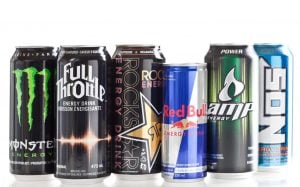
[The Washington Post]
What are energy drinks?
Energy drinks are beverages that contain large amounts of caffeine, added sugars and legal stimulants like guarana and ephedrine. Usually, the primary consumers of such drinks are teenagers and young adults from 18 to 34 years old – most of them being students.
True to its name, energy drinks increase energy levels and alertness, which is why students often drink them during their exam preparations.
But these drinks are a double-edged sword and might negatively affect students’ academic performances. So, should students drink energy drinks before exams?
Why Do Students Drink Energy Drinks?
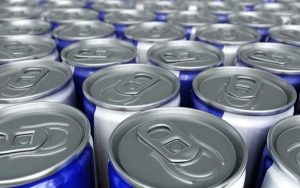
[Depositphotos]
There are many reasons why students drink energy drinks. One of them is because it is believed to help students improve their performance during their exams. But how do energy drinks do that?
Gives them more energy
Energy drinks are filled with high levels of caffeine, sugar and other stimulants, which is the reason behind the energy boost that students get after drinking the beverage.
Caffeine prevents students from feeling tired because it binds to adenosine receptors in their brains. This makes the adenosine chemical ineffective and it triggers the brain to produce more adrenaline. This causes a boost of energy known as an adrenaline rush.
On top of that, sugar from the energy drink gives students more energy when broken down into glucose. As a side effect, sugar also causes their brain to produce hormones like dopamine and serotonin, which improves their mood, making them more eager to study.
In some energy drinks, there are added stimulants like guarana and ginseng, which have anti-fatigue properties, and also serve to boost energy. They also improve students’ memory and learning capacity, which is an added plus!
Helps students focus and concentrate better
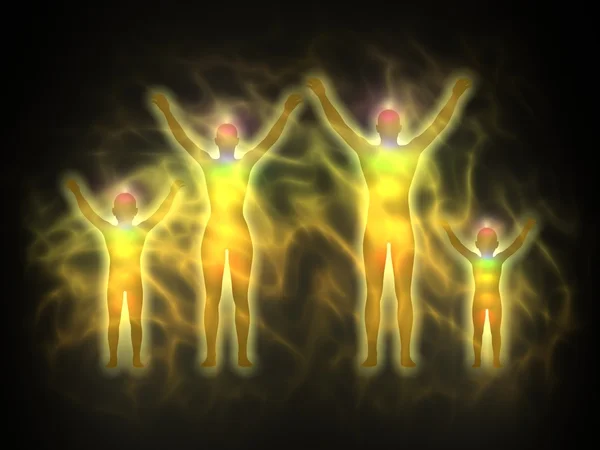
When students consume the sugar and caffeine in the energy drink, it helps them focus and concentrate better during their study sessions.
Caffeine and added stimulants like guarana and ginseng (mentioned in the previous point) have other effects like boosting concentration and making students more alert.
These ingredients stimulate students’ central nervous systems and also boost the brain’s dopamine production (the same hormone that improves your mood). This controls students’ ability to focus and maintain concentration.
Additionally, there is another stimulant in some energy drinks – ephedrine. It increases alertness and improves reaction time which enhances quick thinking in students (what students need when they’re answering exam questions!).
Accessible and affordable
One of the main reasons students turn to energy drinks instead of just grabbing a cup of coffee is because of how accessible and affordable energy drinks are.
Many retail stores sell energy drinks, and energy drinks are also available in vending machines. Usually, these drinks cost $1.50 to $3 on average.
Coffee can be bought at around the same prices and can be found in coffee shops compared to caffeinated drinks from Starbucks or Coffee Bean, where the drinks can go up to more than $5.
Why Should They Stop Drinking Energy Drinks?

[Pexels]
Despite the many advantages of drinking energy drinks, many studies show that drinking energy drinks could potentially have adverse effects on students’ academic performances instead.
Cause sleep deprivation
Studies show that drinking energy drinks can cause students to experience sleep deprivation or disruption in their sleep schedule. This is because the caffeine in the energy drinks makes it more difficult for students to fall asleep.
The caffeine also reduces students’ sleep quality by making it less sound and restful. This worsens students’ academic performance.
These are some ways sleep deprivation affects academic performance:
1. Worsens memory
2. Learning impairment
3. Poor attention
4. Worsens cognitive performance
5. Hinders concentration and thinking process
6. Undermines critical thinking and problem-solving.
High risks of test anxiety
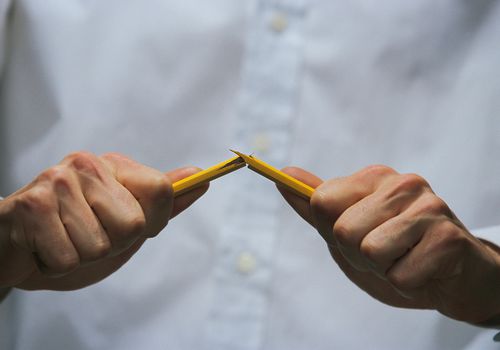
Many students drink energy drinks because it gives them more energy and helps them to concentrate and focus more. But “too much of a good thing is a bad thing”.
The same ingredients (caffeine and sugar) that give them such an effect might also make them more vulnerable to test anxiety. Test anxiety is when students panic and get anxious during their exams.
When students drink energy drinks, they get an energy boost from caffeine. Sometimes, this results in excess energy, which worsens the effect of anxiety and could even trigger an anxiety attack.
This is why students with panic disorder or social anxiety disorder should avoid drinking energy drinks.
Addiction
Energy drinks can also be addictive through psychological means. This happens when students become heavily reliant on energy drinks to perform their day-to-day tasks.
Without the beverage, they might find that they cannot concentrate as well as if they had consumed it. If students stop consuming energy drinks, they might experience withdrawal symptoms like headaches, fatigue, irritability, difficulty concentrating, and a depressed mood.
The more energy drinks students take, the less effective it might be. This results in students drinking even more of this sugary, caffeinated beverage, leading to dependence.
What Should Students Do Instead of Drinking Energy Drinks?

[iStock]
There are many ways to have effective exam preparation sessions instead of turning to energy drinks. Students should try these options out first before they start chugging down cans of Redbull.
Here’s what students can do to prepare for their exams instead:
1. Get sufficient rest
2. Don’t burn the midnight oil too much (you can still do late-night learning, but stay clear of doing it for consecutive days)
3. Have a balanced diet on the days leading up to the exam
4. Drink teas if you really need caffeine
5. Consume complex carbohydrates like oatmeal or sweet potato
6. Eat a well-balanced breakfast on the day of the exam
7. Stay hydrated
During the days leading up to the exam, students need to ensure that although they put in hard work into their revision, they also get enough rest. They can also include healthy energy-boosting foods into their diets instead of relying on sugar or caffeine.
Conclusion
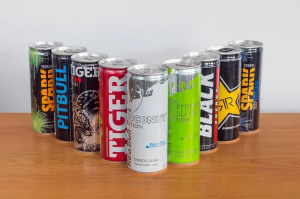
[Depositphotos]
Energy drinks provide both benefits and disadvantages to students during the exam preparation period. This is why many researchers recommend that students steer clear of them as a precaution.
But students, if you really need an energy drink, make sure that you drink it in moderation.
